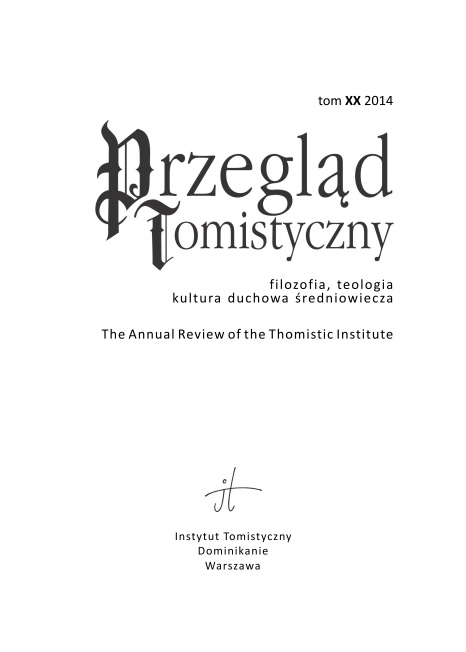O naturze autorytetu, strategii i meandrach jego definiowania
On the Nature, Strategy and Intricacies of Authority’s Defining
Author(s): Robert PlichSubject(s): Sociology, Social Norms / Social Control
Published by: Instytut Tomistyczny
Summary/Abstract: Authority is not a natural object clearly distinguished from other similar things. Rather, it belongs to social phenomena, which are not cognizable directly or exclusively through the senses. Therefore it is difficult to encapsulate the essence of authority in an apt definition. This article addresses the relationship between intuitions about the nature of authority and possible strategies for formulating its definition. Each strategy has advantages and flaws. One possible strategy depicts authority as an ideal, and is therefore quite demanding axiologically, in particular morally, for candidates aspiring to the status of authority. For this reason, this strategy leads to a narrow definition of authority; many instances of what seem to be manifestations of authority fall outside the scope of the definition. It seems that ideal authority occurs in reality only rarely. Another possible strategy describes authority functionally, focusing on the efficacious influence that such authority exerts over others, without heeding the role of freedom or the values that may characterize this influence. This functional type of authority is manifested often in reality, but in some cases seems counterintuitive to a commonsense understanding of authority. In particular, influence wielded under the threat of punishment or promise of reward — which is the way legitimate power sometimes is exercised with respect to the common good — seems inadequate to the status of authentic authority. The most apt definition of authority seems to be one that occupies a position between these two, that is, a definition that describes authority as an influence that facilitates a free realization of true values. Because there are different types of goods or values, and the notion of “good” or “value” has an analogical character, so also the notion of “authority” has an analogical character. For instance, one may distinguish three analogical types of authority on the grounds of the Aristotelian distinction between the three analogical types of goods: the pleasant, the useful, and the virtuous. The essential feature of the person who is an authority is trustworthiness substantiated by his or her competencies, or by his or her recommendation or delegation by other competent persons, institutions or commonly-recognized procedures. Although some types of authority are necessary and cannot be removed from the life of society, no authority is a value in itself. Authority always has an auxiliary character in relation to the free realization of other values.
Journal: Przegląd Tomistyczny
- Issue Year: 2014
- Issue No: XX
- Page Range: 183-207
- Page Count: 25
- Language: Polish

